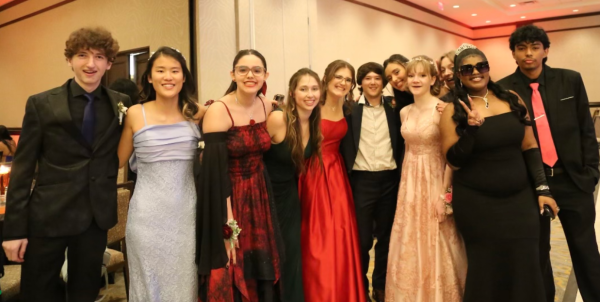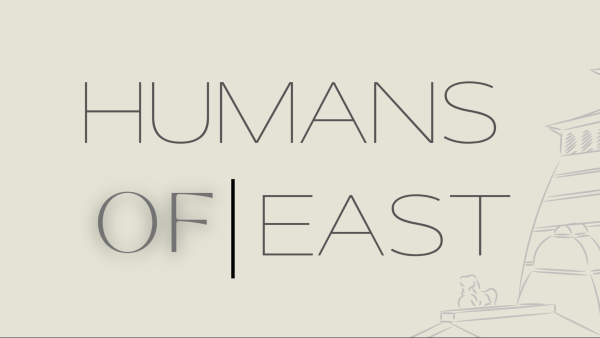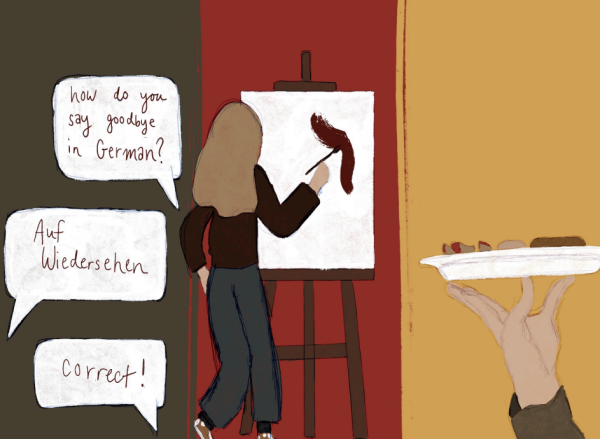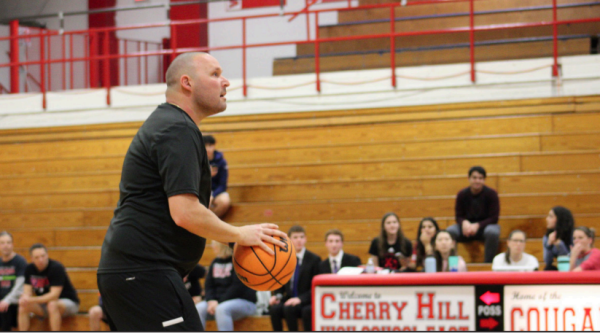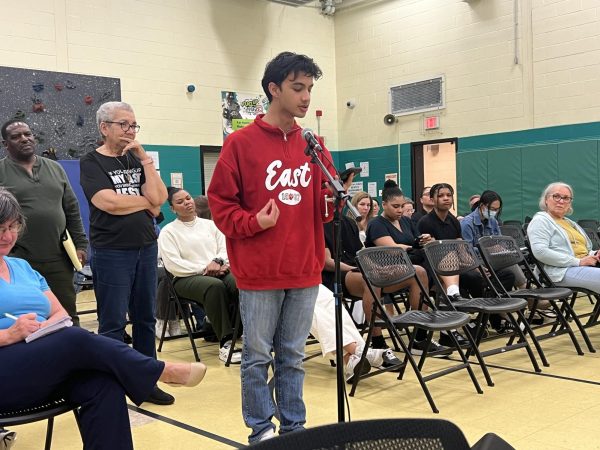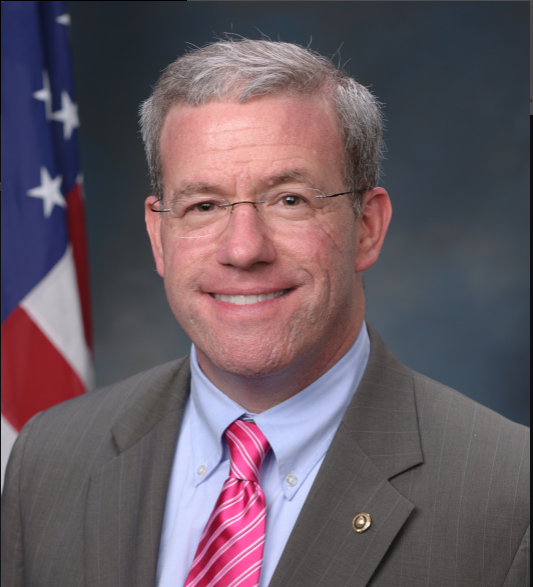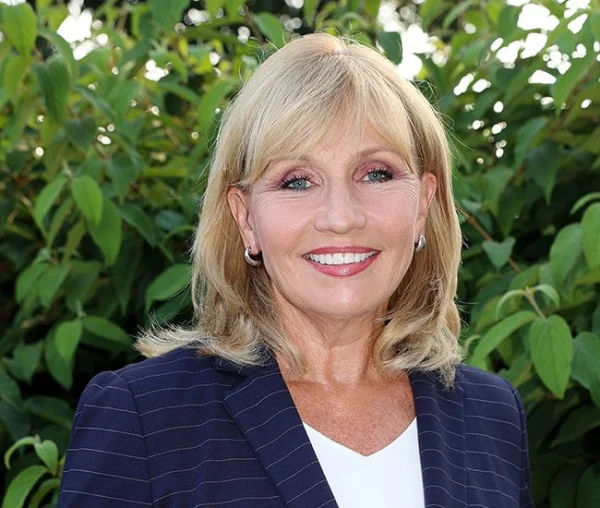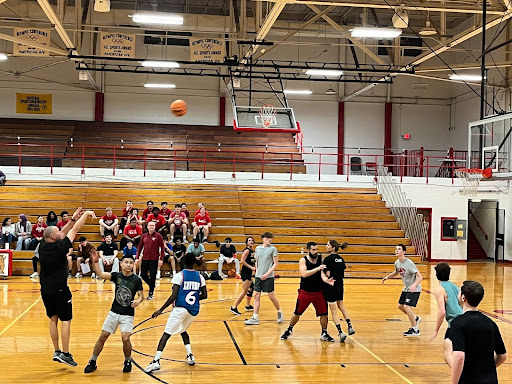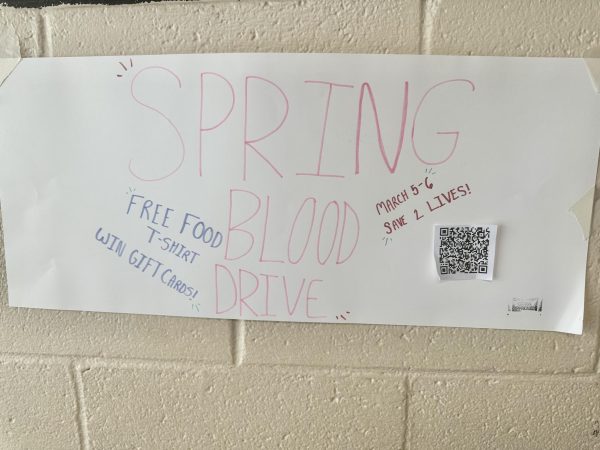IT’S FINALS WEEK: What is the most effective way to study according to students

Courtesy of The Odyssey Online
You got this!
The smell of the stress radiates off students in the cramped corridors of Cherry Hill East as final exams come steam-rolling in along side the end of the school year. All of the things they have learned will be tested over the course of four school days, with their finishing grades on the line as the remaining 11 percent of the grade waits to be cemented. Each grade level reacting in there own way, each student reacting in their own way, but all hoping for the best result possible.
Students choose to study for these finals in their own personal ways.
Josh Pipe (‘20):
For Josh Pipe, this will be the first year of taking finals, and he has no idea what to expect. He is taking many high level courses, which will result in many difficult tests to come. Pipe finds himself in quite the predicament, not knowing exactly which way is the best way to study for these exams. Pipe says “as a freshman, I’m kind of just winging it.” He plans to go over his notes and make a comprehensive study guide. He wants to be able to get into the head of his teachers, and predict just what he has to come. In order to make sure that he has time to prepare for the classes that he finds most difficult, Pipe plans on skipping studying for some of his exams in which he feels more confident.
Pipe wishes that his teachers gave more warning for the final exams, as well as what he will be tested on during these exams. He feels anxious about the tests to come, but not quite stressed, although he does feel that it would be nice if teachers gave less work during the time leading up to these big assessments. But preferable to that, Pipe wishes that he did not have to worry about these exams at all. He said “the fact that 11 percent of your final grade is based on one test is awful.”
Marc Benemerito (‘19):
This is the second year that Marc Benemerito will be taking exams, so he feels he knows what to expect. He finds that the best way to study for the most part is to use the study guides given by the teacher, but finds that the ideal method of studying is different for each class. He said he feels that by examining these lists of topics from throughout the year, it “gives you exposure to the actual questions on the exam.” Benemerito finds that this method prepares him “at least somewhat decently” for the assessments. He only wishes to improve his ability to spread out his time more evenly so that he isn’t cramming for each of his tests the night before.
Benemerito, expressing an opinion unlike that of many other East students, said “since the finals go over everything you learned in the class, it accurately reflects what you know in the class.” He is appreciative of the fact that some teachers curve the results of the exams to make them less damaging to a grade, if necessary. That being said, he does feel that there are things that teachers could do to cause less stress for their students, specifically, giving less homework and other assignments during this time, in order to give students more time to study.
Juliet Okorie (‘18):
Juliet Okorie is going to be taking finals for the third year this year, and has a pretty good idea of how to study for finals in the best way. She plans on going to Cherry Hill Public Library to study in a quiet environment, where she will do practice problems in each of her classes that are similar to the questions that will be on her tests until she is as confident as she feels she can be. She talks to her teachers to get the best idea of what she can do to get prepared. She always makes sure she has time to study, and will not procrastinate, because as she said, “studying gives me the strength and courage that I can really ace the exams.” Her advice to those who are worried about the exams is that they should “always study as though it is your last time to study.”
Okorie feels that the final exams should be earlier in the year, around the time of the AP exams, because by the very end of the year, students just want to give up. She feels that finals are important – as she said, exams “force you to focus on each topic from throughout the school year” – but the way it is handled is not perfect. She also wishes that teachers would devote more time in class to prepare, with review games and activities for a solid week in her opinion. Okorie feels that these are much better ways of studying than using a study guide.
Lia Yamamoto (‘17):
In her final year at East, Lia Yamamoto will not be taking any final exams, but that does not me she does not have any advice for those who are required to do so. In her years of taking finals she feels that the best method for her was to read over her notes from the year, which she found more useful than doing any practice problems for the exams. Yamamoto also has her opinions on final exams. She said that it “makes you think of all the general ideas of the year, without really harming you grade.” When asked how she could justify her appreciation of these exams without participating in them this year, she said that “seniors will have to take midterms and finals throughout college, so they deserve a break.” She also said that she was able to do pretty well on her exams without really having to try, and thus don’t really deserve all of the negative views that they receive.
Every student has their own way of studying for the exam, and there is no correct way to study for these tests. In actuality, the best way to study for these exams is whatever helps you retain the information best. To all students who will be taking these exams, good luck!

One thing Henry Nolan considers himself to be very good at is binge-watching. In the time that most people take to watch one season of a show, he is capable...

